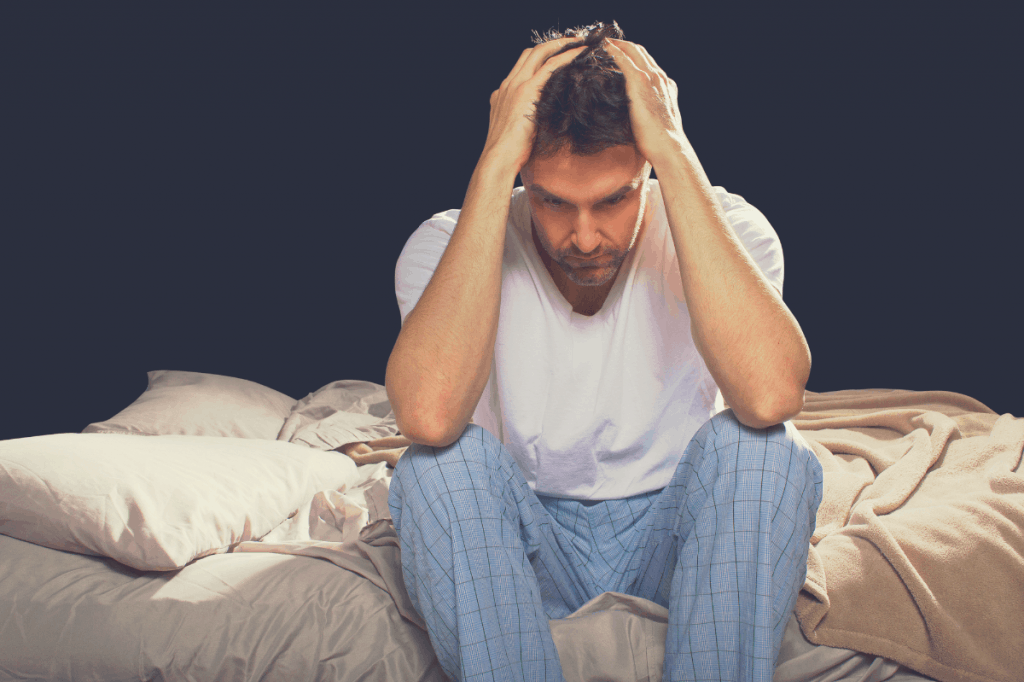My dreams can be really scare some nights. I had this really bad nightmare last night. I dreamed that I am waiting in line for the new iPhone. When my turn came up, it said, “Sold out.” All of my friends had these great phones with all these cool features. I was stuck with my old and outdated phone. After that, all the people at the store started to laugh at me. Then they beat me up and left me lying there on the ground.
Sometimes the events are burned into my brain and replay themselves on an endless loop in my head. Some nights I wake up screaming or crying because of it; other times I just lie there awake afterwards for hours. And every morning when the day starts again, the nightmare still feels fresh and raw in my mind as if it had only happened yesterday. But this isn’t what bothers me most about these dreams – it’s that they never go away and there doesn’t seem to be anything anyone can do to stop them from continuing over and over again like this forever more… This blog post is about dreams, especially nightmares and how you hopefully can prevent them.
Why do we have nightmares?

Nightmares occur in all age groups and have various psychological and physiological causes. Nightmares are characterized by feelings of intense fear, horror, or terror while dreaming. They may include feelings of being chased, suffocated, attacked, watched, or outnumbered. They can vary from vague and foggy to extremely graphic and detailed. Dreams where people are chased by a terrifying figure are typical nightmares because they are often rooted in fear. Nightmares can either cause intense emotions such as sorrowful crying or violent thrashing about while asleep, or they can leave the person feeling exhausted and drained when they wake up from the dream.
It’s important to note that nightmares that come with difficulties sleeping are most often due to anxiety. Sometimes someone who is experiencing post-traumatic stress disorder will have nightmares. They are usually the victims of an attack or accident and their brain has trouble processing what happened to them and thus blocks it from memory. Sometimes, in some people, these memories can resurface as nightmares. It is also common for children to have nightmares – especially if they’re in a new environment with unfamiliar sights, sounds, and smells.
A person can usually differentiate between a nightmare and reality when they wake up from the dream. A nightmare is still considered to be just that: a bad dream . If someone experiences terrifying dreams that are so intense they are unable to recognize them as being only dreams or feels like they are actually experiencing a horrific event in the dream, they may have a dissociative disorder.
What is the difference between a nightmare and a flashback?
Some people experience flashbacks of traumatic events when they are falling asleep or waking up from sleep. This is not the same as nightmares, but similar. Flashbacks are feelings that seem real but aren’t coming from their current environment and can cause panic and fear in the person experiencing them as if it is happening again for real. They often occur among victims of war, natural disasters and other traumatic events.
If someone is experiencing these types of vivid flashbacks on a consistent basis during the day or while awake at night, they should seek professional help immediately. It could be a symptom of post-traumatic stress disorder (PTSD) and will need further treatment in order to recover from their trauma.
What can a bad dream mean?

A bad dream can mean different things specifically, but it is not something that the person should be worried about. If a person had a bad dream and woke up remembering it, they are able to tell the difference of reality and dreams.
Bad dreams can also be a sign of stress or distress in your life. Everyone is allowed to have bad dreams, but if they start leaving you feeling like a changed person and not good about yourself, it’s time to take action against your stressors. If this can be done right away then the person could stop having bad dreams altogether eventually.
When people have bad dreams, they are usually caused from their subconscious telling them something is wrong or there is something on their mind that needs to be dealt with. Bad dreams can also come when a person hasn’t slept well and has a lot of backlogged stress in their system. Other times the symptoms could indicate a psychological issue or physical illness such as a sleep disorder. If the bad dreams are too disturbing to the person, they should be taken more seriously and looked into by visiting a doctor.
What can you do to get rid of a nightmare and go back to sleep?
There are many things that one can do to get rid of a nightmare and go back to sleep. I’ll list a few of them below:
- Relaxing muscle groups: Contracting and relaxing the muscles in your body can help you to fall asleep faster. This is a technique that works for many people.
- Go back to sleep: It’s recommended that you go back to sleep if possible, even if it isn’t going to be for long. Try with counting sheep or other repetitive calming thoughts. Some people like to stay up for a couple of hours after they wake up if the nightmare was just too terrible. But the last few hours of sleep is important, at least try to go to bed again.
- Avoid daytime naps: If you’re prone to bad dreams, it’s probably best not to take a nap during the day so you don’t have nightmares at night. A long afternoon nap can make nightmares more likely . This is because when you nap in the afternoon, your brain doesn’t entirely shut down like it does when you sleep at night. If a person naps for too long during the day, their body’s natural rhythm — or circadian rhythms — can be thrown off . This might bring about more nightmares upon going to bed that night.
- Drink a glass of water: Some people say that drinking a big glass of water before bed can help them to stop having nightmares. This is because it helps your body to stay hydrated and won’t bring about as many bad dreams.
- If a nightmare is occurring, try to shake it off by rousing oneself from unrestful sleep. This is commonly done by moving around and talking about what is happening in the dream.
Conclusion
Nightmares are a type of dream that causes fear, anxiety and panic in the person experiencing them. Nightmares can be caused by many different things such as stress or distress in your life, lack of sleep, an underlying psychological issue or physical illness like a sleep disorder.
There are several ways to get rid of nightmares and go back to sleep including relaxing muscle groups (contracting and relaxing), going back to bed even if it’s just for short while, drinking water before you go to bed at night and avoiding daytime naps so you don’t have more bad dreams when nighttime comes around again. If these techniques do not work then please contact your doctor about visiting someone who specializes in helping people with post-traumatic stress disorder (PTSD) because this could be a sign that you may need some help.
You can also try to determine what the dream means, like a psychologist would do in therapy. Meaningful interpretations of dreams can often have positive effects on your well-being and feelings about yourself. It might seem easier said than done but it’s worth a try as long as you are careful not to make things worse.
I hope this article about nightmares helped you to learn about what they are and gave you some good ideas on how to get rid of a nightmare when one occurs.
